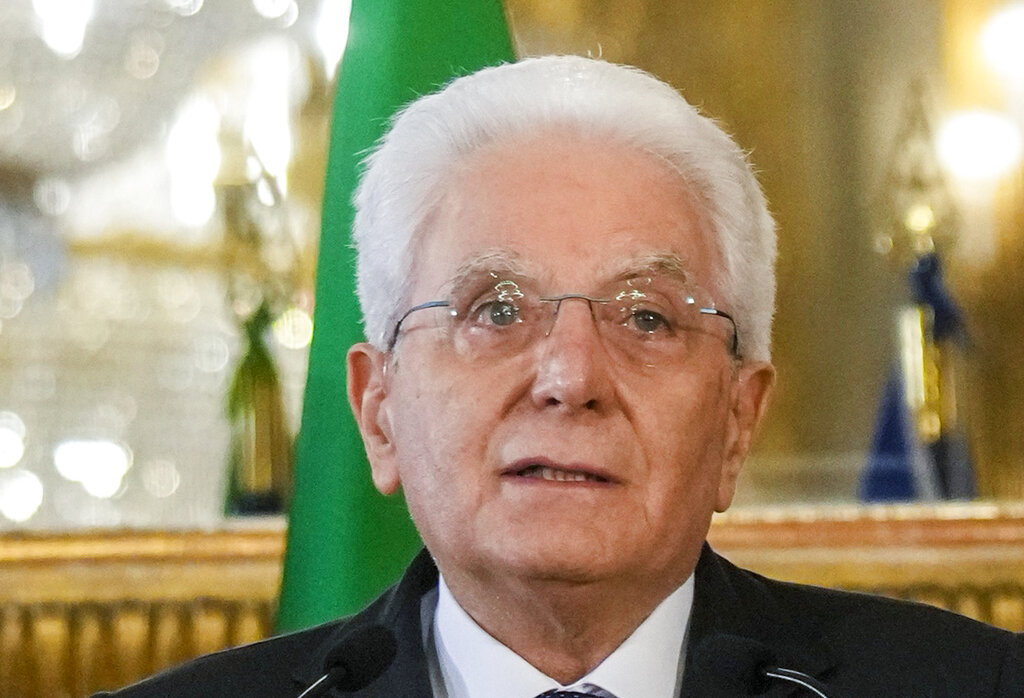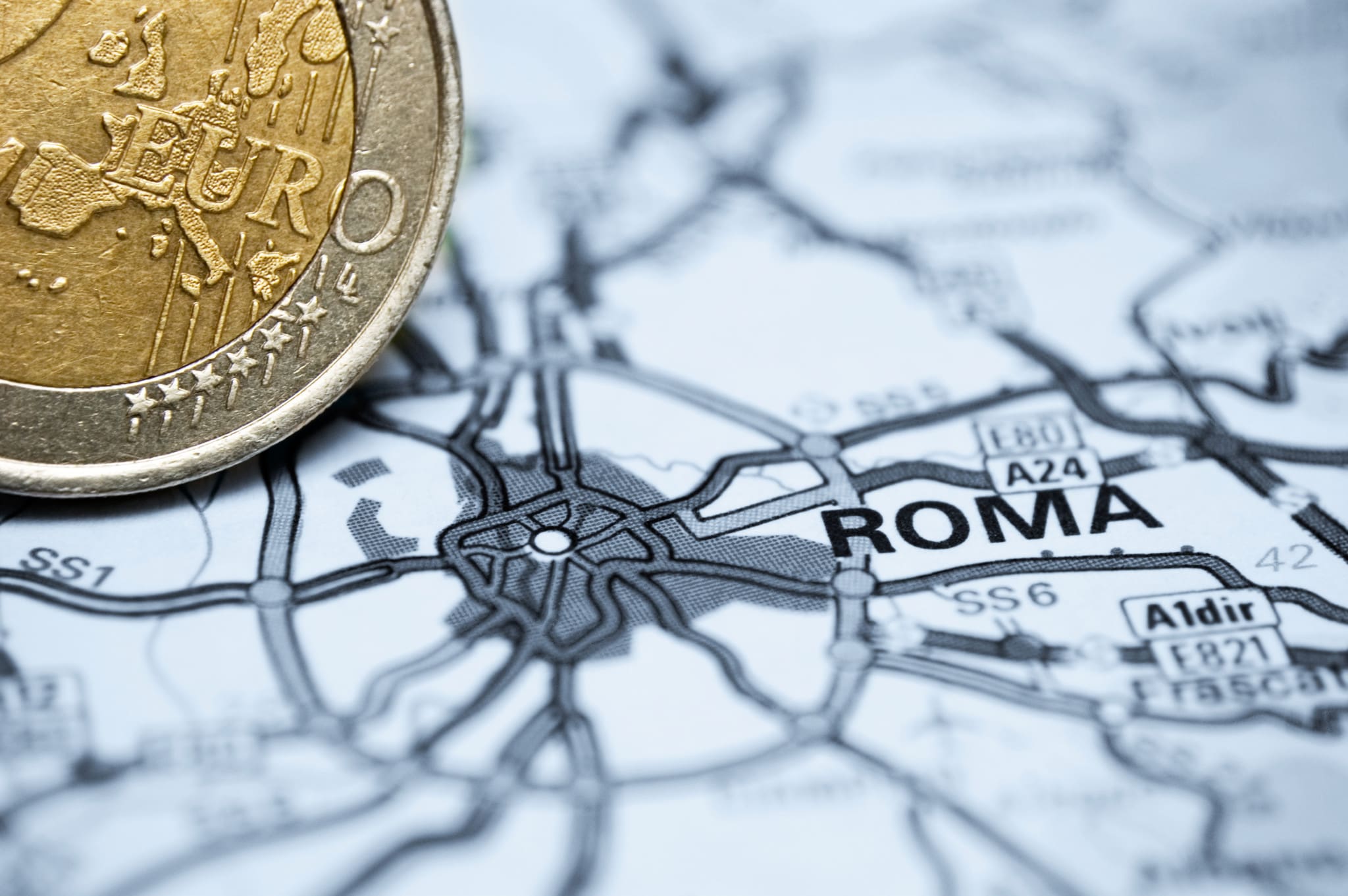Italy, one of the founding countries of the European Union, is facing major problems related to the payment of its public debt. In response, this month, international hedge funds have placed their biggest bets against bonds issued by the Italian state since the financial crisis of 2008. Market speculators are now betting on a default by Rome, which would create a real shock in the eurozone.
Financial analysts have been anticipating the problems the government in Rome will face since July with the European Central Bank’s announcement, the first in more than 10 years, of an interest rate hike in the eurozone..

Italy ended 2021 with government debt of around 150 percent of GDP, the second-highest in the European Union after Greece (over 190 percent). With interest rates rising, financing this debt will become increasingly problematic.
Beyond domestic imbalances, the problem has been exacerbated by the international context in 2022, with the ECB’s announcement of a rate hike in the second half of the current year prompting financial analysts to warn of a new eurozone debt crisis.
No less than €39 billion were bet by hedge funds in August 2022 in anticipation of Italy’s default, S&P Global Market Intelligence calculated, according to the Financial Times.
Dependence on Russian gas
The main risk to the Italian economy is considered by international analysts to be total dependence on Russian gas and the ever-increasing risk that, amid political tensions in Europe, Moscow will turn off the tap.
[pp id=46171]
The International Monetary Fund (IMF) warned as early as last month that a Russian gas embargo would lead to an economic contraction of more than 5 percent in Italy.
And the much-vaunted alternatives to Russian gas — the supply of liquefied gas (LNG) from the U.S. or natural gas from Angola and Algeria — are considered so insufficient, or even improbable, that they justify a massive speculative movement on the stock exchanges, worthy of the debt crisis of 2010- 2011.
ECB funds also in doubt
Italy is also seen by investors as among the countries most vulnerable to the European Central Bank’s decision to roll back its stimulus programs by raising interest rates and halting bond purchases that have financed Rome’s outsized debt.
The political situation in Italy is also not calming markets. The resignation of Mario Draghi as head of the Italian government in July 2022 led to the breakup of the coalition of national unity and to a political crisis that amplifies the already increased risks to the Italian economy.
Italy’s default or exit from the monetary union would have huge consequences for the single European currency, which may face its biggest crisis since its creation.






